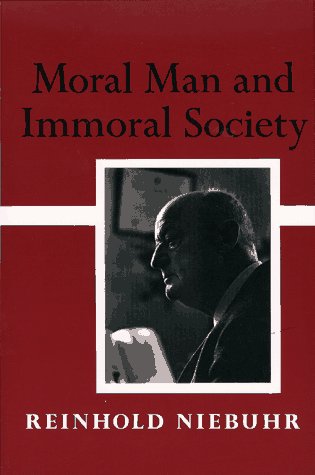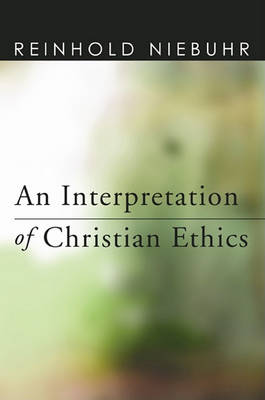Library of Theological Ethics
4 total works
Reinhold Niebuhr is renowned for his unflinching honesty concerning issues of social ethics, specifically, love and justice. Humans, Niebuhr says, are incapable of perfect love. Therefore, their struggle against evil and injustice is doomed to only relative victory, although they strive to live in the ideal world. Niebuhr's concern with this paradox gave rise to numerous writings over the years in which he explored the many angles, subtleties, heights, and depths of the problems of humanity and society. Now sixty-four of these important pieces are compiled in a single volume, providing evidence of Niebuhr's belief that positive decisions and actions are possible for Christians.
The Library of Theological Ethics series focuses on what it means to think theologically and ethically. It presents a selection of important and otherwise unavailable texts in easily accessible form. Volumes in this series will enable sustained dialogue with predecessors though reflection on classic works in the field.
Moral Man and Immoral Society is Reinhold Niebuhr's important early study in ethics and politics. Forthright and realistic, it discusses the inevitability of social conflict, the brutal behavior of human collectives of every sort, the inability of rationalists and social scientists to even imagine the realities of collective power, and, ultimately, how individual morality can overcome social immorality.
The Library of Theological Ethics series focuses on what it means to think theologically and ethically. It presents a selection of important and otherwise unavailable texts in easily accessible form. Volumes in this series will enable sustained dialogue with predecessors though reflection on classic works in the field.
The Nature and Destiny of Man: A Christian Interpretation
by Reinhold Niebuhr
The Nature and Destiny of Man issues a vigorous challenge to Western civilization to understand its roots in the faith of the Bible, particularly the Hebraic tradition. The growth, corruption, and purification of the important Western emphases on individuality are insightfully chronicled here. This book is arguably Reinhold Niebuhr's most important work. It offers a sustained articulation of Niebuhr's theological ethics and is considered a landmark in twentieth-century thought.
The Library of Theological Ethics series focuses on what it means to think theologically and ethically. It presents a selection of important and otherwise unavailable texts in easily accessible form. Volumes in this series will enable sustained dialogue with predecessors though reflection on classic works in the field.
This addition to Westminster John Knox Press's Library of Theological Ethics series brings one of Reinhold Niebuhr's classic works back into print. This 1935 book answered some of the theological questions raised by Moral Man and Immoral Society (1932) and articulated for the first time Niebuhr's theological position on many issues. The introduction by ethicist Edmund N. Santurri sets the work into historical and theological context and also assesses the viability of some of Niebuhr's positions for theology and ethics today.



